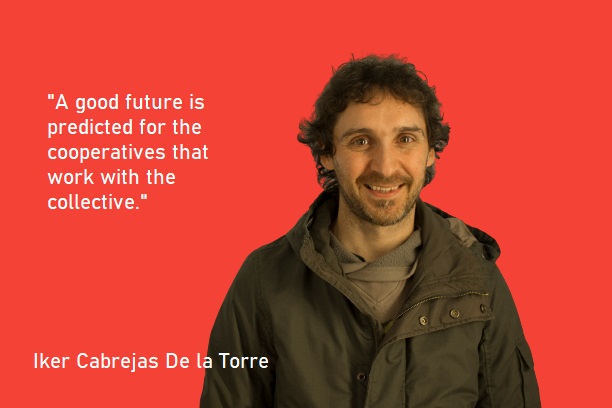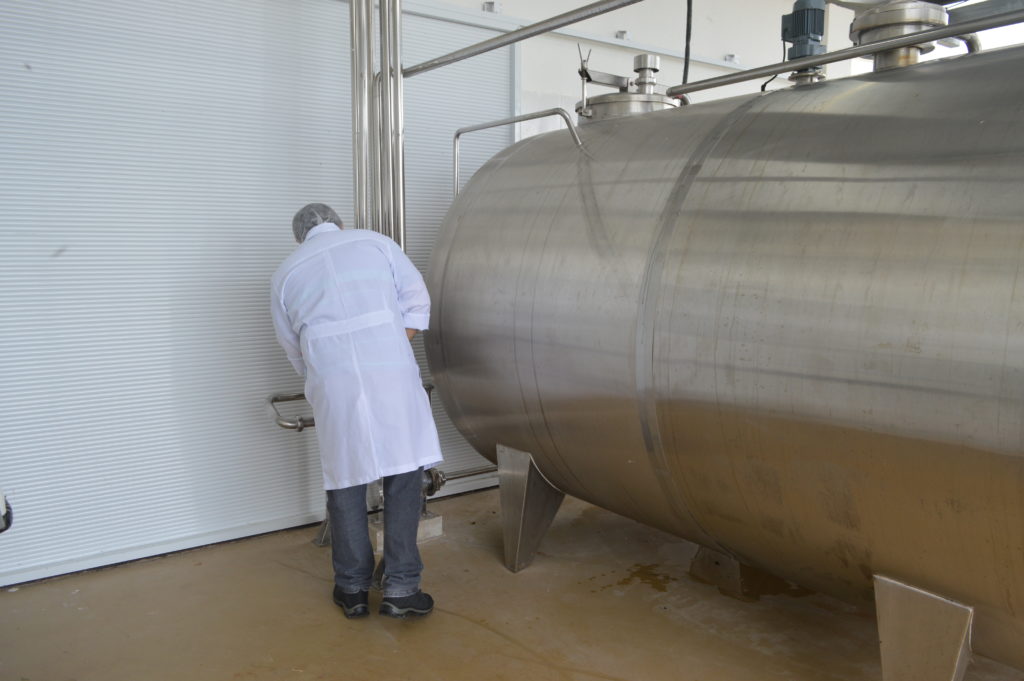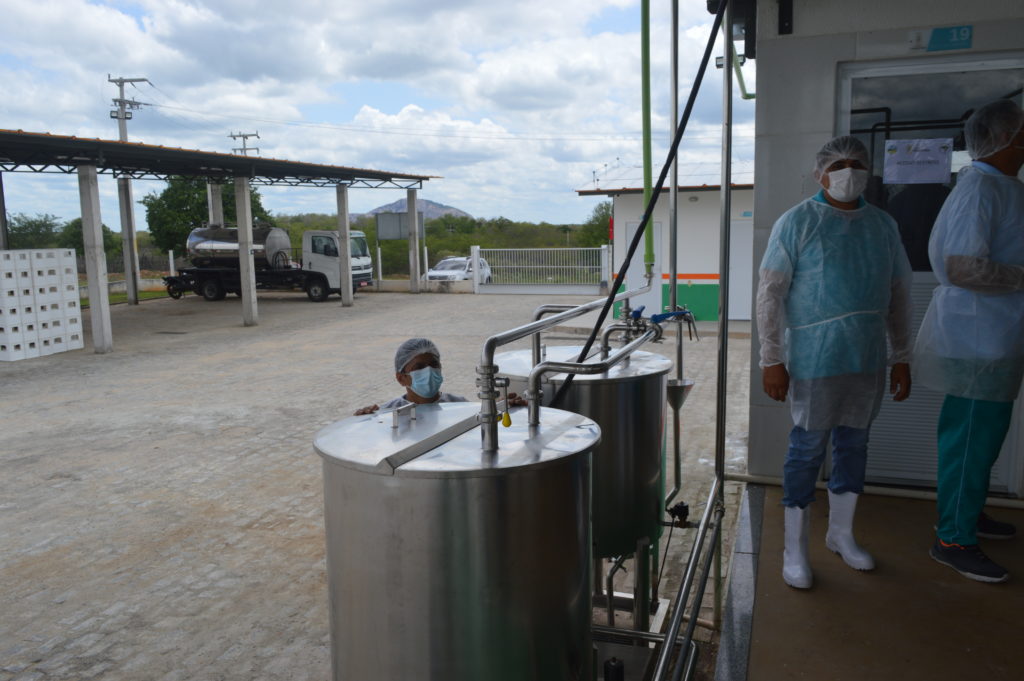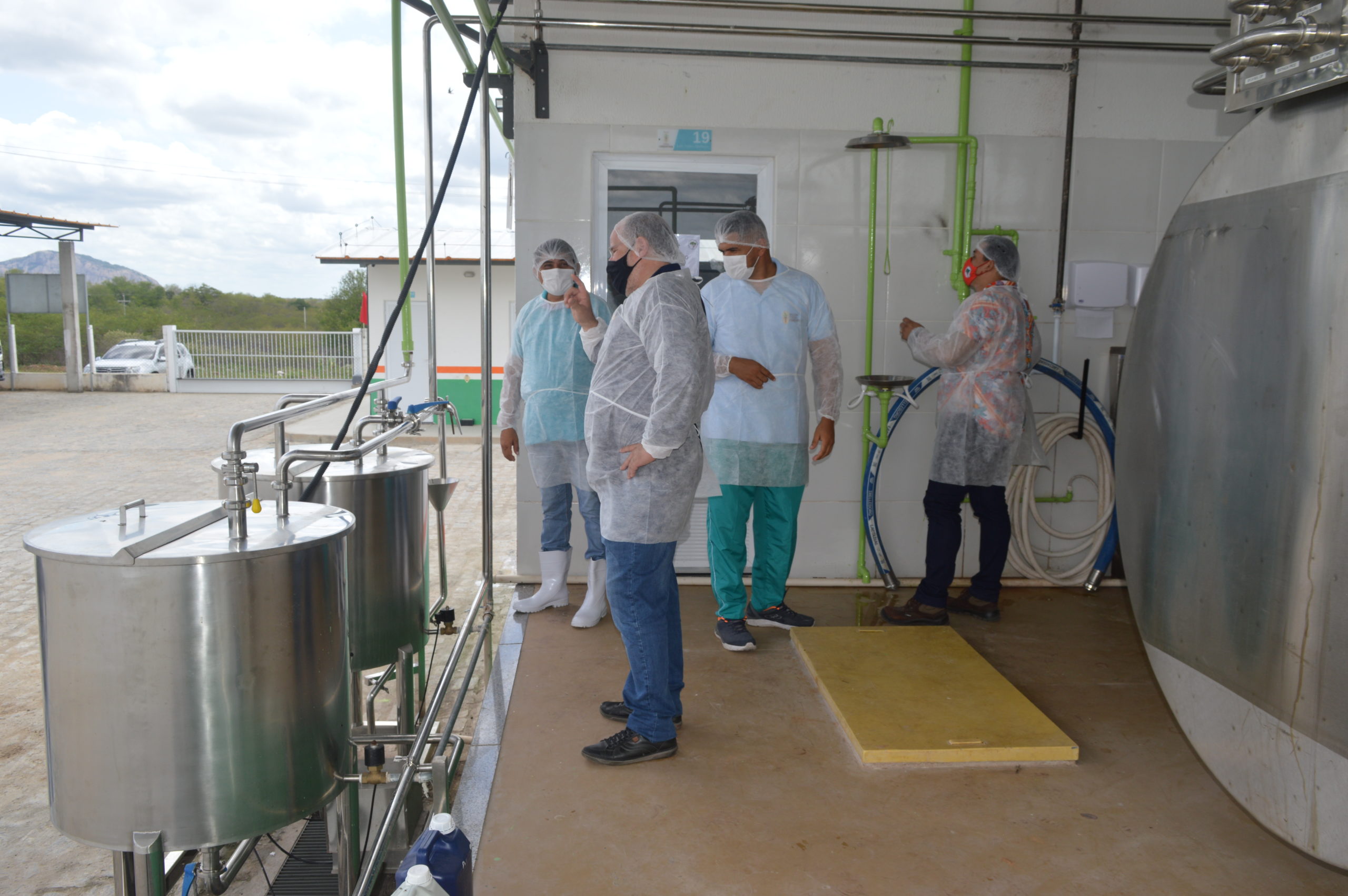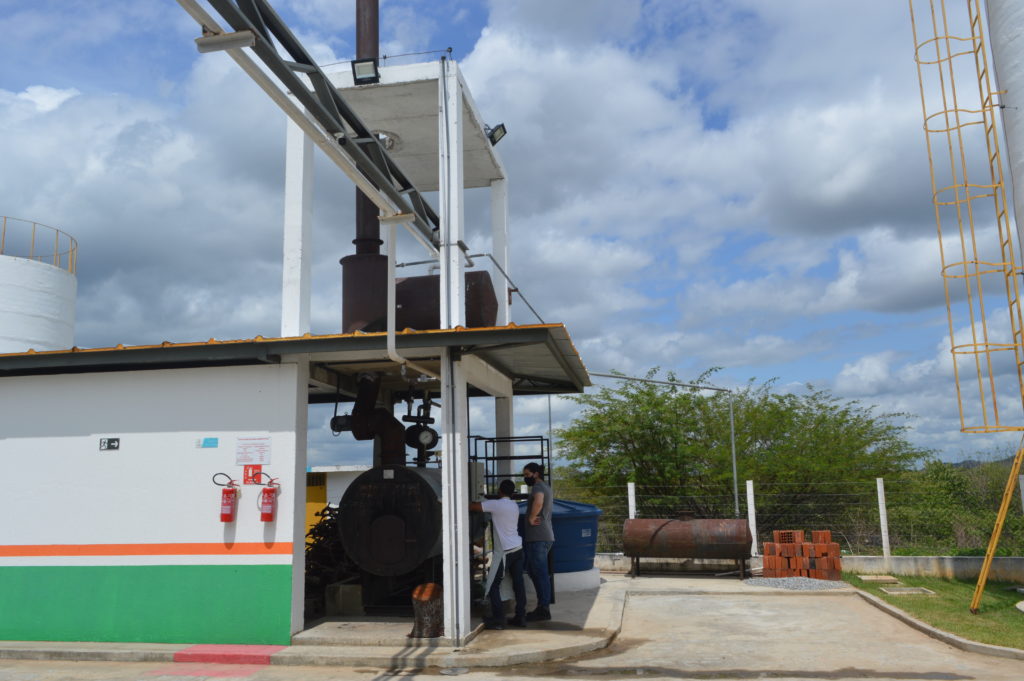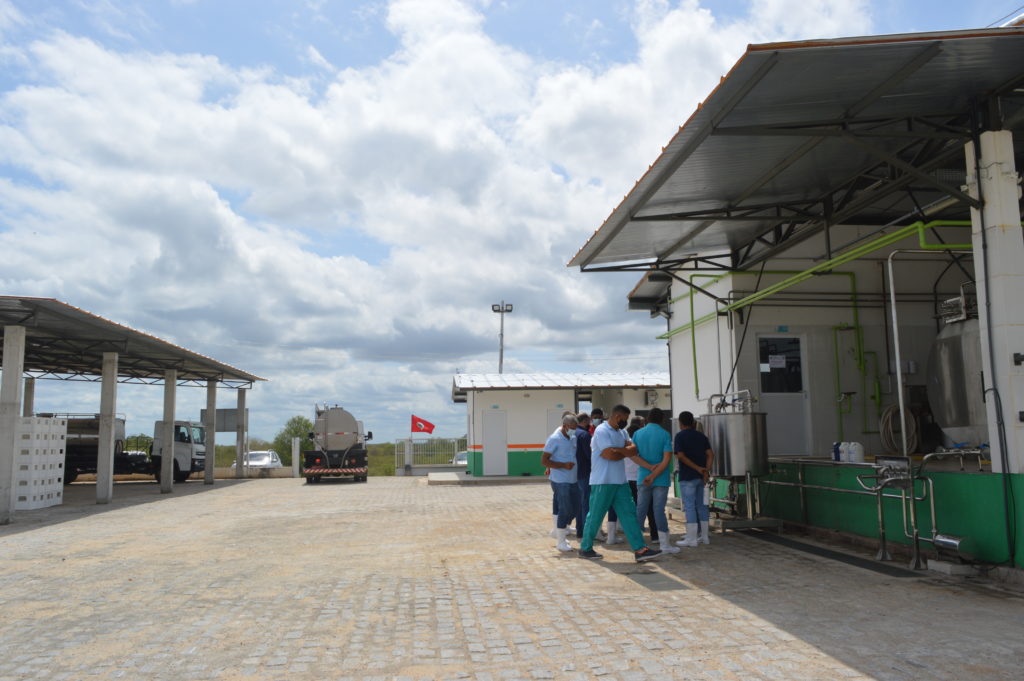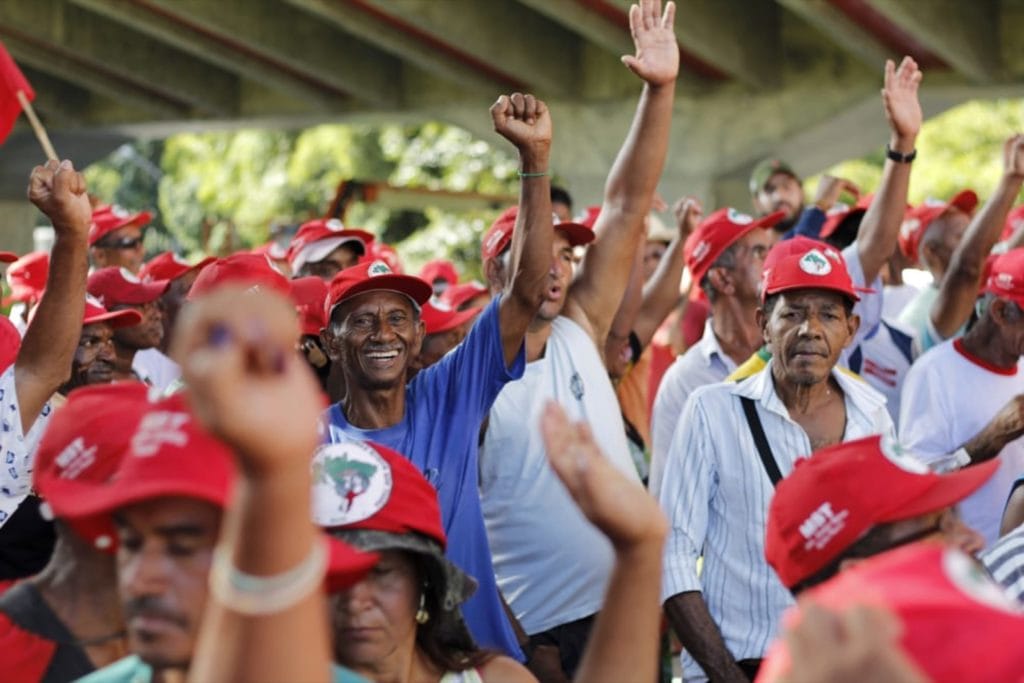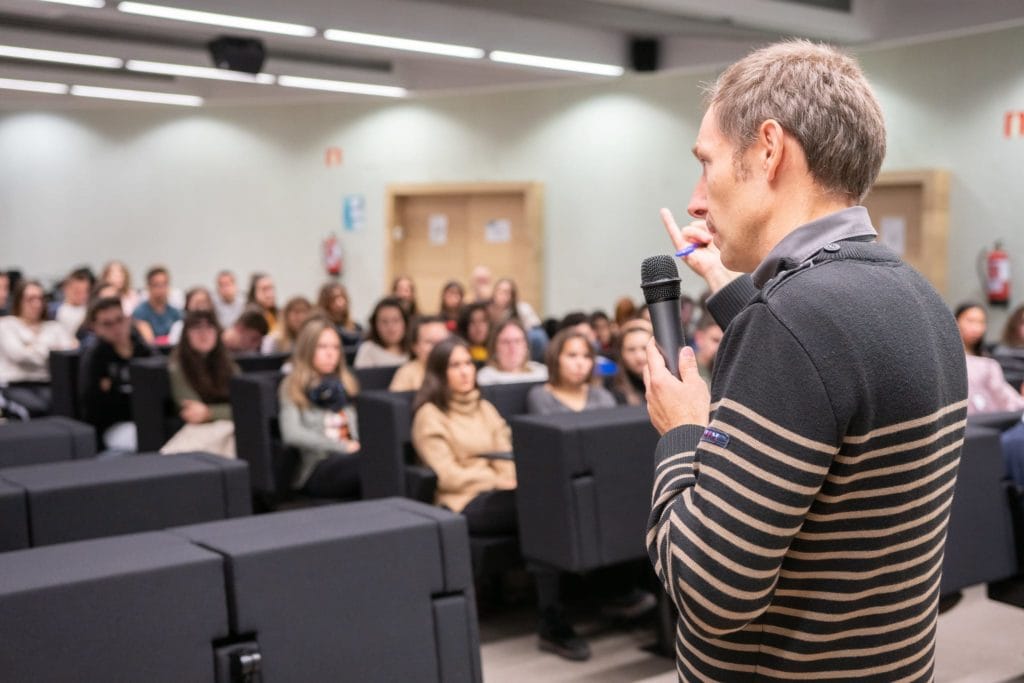The government of the state of Ceará, in the north of Brazil, and Mundukide signed a collaboration agreement in 2017 to strengthen the socioeconomic initiative of the agricultural cooperatives in the area. Since then, Iker Cabrejas has been working in Brazil with the experience of having worked at the Eroski cooperative, together with Marga Pinillos, Itziar Aranburu and Marcio Carvalho, members of the Mundukide team.
They just opened the cooperative COOPERASC, which sells dairy products, right?
Yes, in the town of Quixerabomin, in the Sertão Central region, the dairy cooperative COOPERASC has been inaugurated. At the moment 5,000 liters are produced, but next month with 10,000 liters of milk a day we will produce 7 different products: cream, cheese, cottage cheese, yoghurts and other dairy drinks. For now, the city’s shops and school canteens will be the marketing spaces.
What groups are part of the dairy cooperative?
Currently, the Cooperasc cooperative is made up of 186 landless people and in its management there is a team of 20 people in different areas, including industry. Many of them are children of members of the Sin Tierra movement and, after receiving different training around economic initiative, they have begun to work in the cooperative created by their parents.
What is Mundukide’s contribution to cooperatives?
Together with the five cooperatives we have designed the business plan and the marketing plan, we have formed the management teams and launched the training processes, training those who will be collaborators in later industrial activities. In total, more than 8,000 hours of training have been offered in different areas: production, industry, organization of people, promotion of the cooperative, planning, communication and participatory processes.
What is the team of Mundukide cooperators in Brazil?
In total we are 7 people, 6 Basques and a Brazilian. Wine from Copreci Nacho de Vicente, is in the state of Rio Grande Do Sul; Julio Martínez came from Eroski to Sao Paulo; of Ulma Jon Etxebarria, who is in Parana-Santa Catarina. And we are in Ceara: Marga Pinillos who has come from GSR, Itziar Aranburu from Ulma, Marcio Carvalho from MST and I from Eroski.
What stage are the rest of the cooperatives in?
Of the 5 projects started in 2018, 2 cooperatives have launched their industries in recent months, COOPALC (cashew and fruit) and Cooperasc (dairy). In addition, Cooperamuns has managed to start up, apart from its initial projects, another small industry. Therefore, there are three that we have launched, aimed at the industrialization of the products produced. According to our schedules, in the next 3-4 months another 3 agribusinesses will be launched.
How do you value the collaboration of Mundukide?
In general, Mundukide’s contribution has been very well appreciated. In the last four years, important steps have been taken throughout the cooperative and work team in all areas. The first 2 years were difficult, there were many changes in the Ceara MST team, but the structures and planning that have come about have been on the right track. Now the cooperatives are entering a new phase, industrialization. This means the beginning of many other new processes and the strength of cooperation and collaboration between people will have to be seen. And cooperatives capable of meeting these challenges collectively will have a promising future. In this context, the Ceara MST will continue to be friends with Mundukide.
